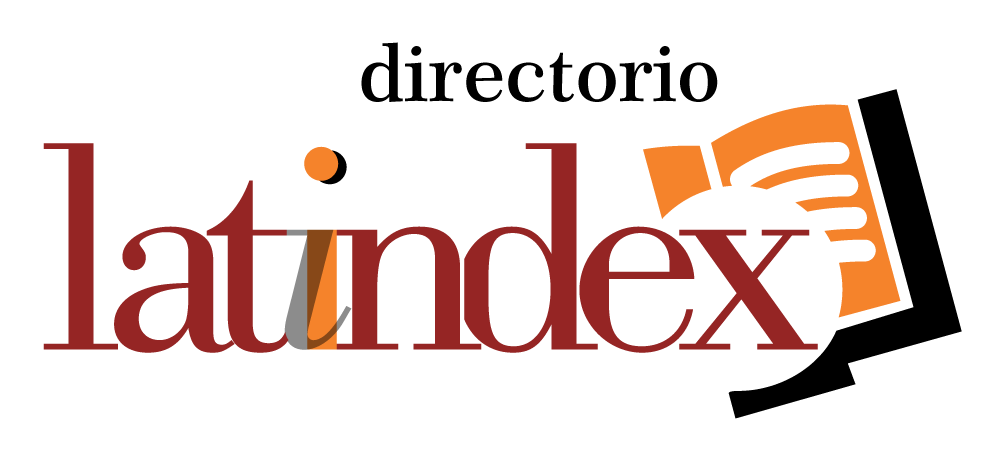Ethical Guidelines for the thoughtful Implementation of AI in Higher Education
DOI:
https://doi.org/10.56294/ai2026409Keywords:
Artificial Intelligence in Education, Educational Technology, Transparency and Accountability, Ethical Guidelines in EdTech, Equity in Higher EducationAbstract
As artificial intelligence (AI) integrates into education systems, concerns regarding its ethics become magnified. This chapter addresses the need for ethical frameworks on AI applications regarding the basic values of education: equity, transparency, and accountability. With rapid AI expansion in teaching and learning, systemic bias, student privacy, and stakeholder responsibilities emerge as burning issues.
References
1. Roll I, McNamara D, Sosnovsky S, Luckin R, Dimitrova V. Artificial intelligence in education. Berlin: Springer International Publishing; 2021. doi: https://10.1007/978-3-030-78270-2. DOI: https://doi.org/10.1007/978-3-030-78292-4
2. Hannan E, Liu S. AI: new source of competitiveness in higher education. Competitiveness Review: An International Business Journal. 2023 Feb 7;33(2):265-79, doi: https://10.1108/cr-03-2021-0045. DOI: https://doi.org/10.1108/CR-03-2021-0045
3. Kyambade M, Namatovu A, Male Ssentumbwe A. Exploring the evolution of artificial intelligence in education: from AI-guided learning to learner-personalized paradigms. Cogent Education. 2025 Dec 31;12(1):2505297, doi: https://10.1080/2331186x.2025-.2505297. DOI: https://doi.org/10.1080/2331186X.2025.2505297
4. Airaj M. Ethical artificial intelligence for teaching-learning in higher education. Education and Information Technologies. 2024 Sep;29(13):17145-67, doi: https://10.1-007/s10639-024-12545-x.
5. Holmes W, Porayska-Pomsta K. The ethics of artificial intelligence in education. Lontoo: Routledge. 2023:621-53, doi: https://10.4324/9780429329067-14. DOI: https://doi.org/10.4324/9780429329067
6. Schiff D. Education for AI, not AI for education: The role of education and ethics in national AI policy strategies. International Journal of Artificial Intelligence in Education. 2022 Sep;32(3):527-63. doi: https://10.1007/s40593-021-00270-2. DOI: https://doi.org/10.1007/s40593-021-00270-2
7. Downes P, Li G, Van Praag L, Lamb S, editors. The Routledge international handbook of equity and inclusion in education. London, UK: Routledge; 2024 May 13. doi: https://1-0.4324/9781003282921. DOI: https://doi.org/10.4324/9781003282921-1
8. Delecraz S, Eltarr L, Becuwe M, Bouxin H, Boutin N, Oullier O. Responsible Artificial Intelligence in Human Resources Technology: An innovative inclusive and fair by design matching algorithm for job recruitment purposes. Journal of Responsible Technology. 2022 Oct 1;11:100041, doi: https://10.1016/j.jrt.2022.100041
9. Aler Tubella A, Mora-Cantallops M, Nieves JC. How to teach responsible AI in Higher Education: challenges and opportunities. Ethics and Information Technology. 2024 Mar;26(1):3, doi: https://10.1007/s10676-023-09733-7.
10. Dara VL, Kesavan C. Analyzing the concept of participatory learning: strategies, trends and future directions in education. Kybernetes. 2025 Apr 29;54(7):3882-915, doi: https://10.1108/k-12-2023-2581.
11. Bozkurt A, Zawacki-Richter O. Trends and patterns in distance education (2014–2019): A synthesis of scholarly publications and a visualization of the intellectual landscape. International Review of Research in Open and Distributed Learning. 2021 May;22(2):19-45, doi: https://10.19173/irrodl.v22i2.5381. DOI: https://doi.org/10.19173/irrodl.v22i2.5381
12. Niemi H. AI in education and learning: Perspectives on the education ecosystem. InNew Frontiers in Science in the Era of AI 2024 Oct 11 (pp. 169-194). Cham: Springer Nature Switzerland, doi: https://10.1007/978-3-031-61187-2_11.
13. Peddi S, Manoharan G. Innovative Approaches to Staff Development in Education Using AI. InTraining and Development in Transnational Higher Education 2025 (pp. 347-368). IGI Global Scientific Publishing, doi: https://10.4018/979-8-3373-1897-4.ch017. DOI: https://doi.org/10.4018/979-8-3373-1897-4.ch017
14. Buxmann P, Hess T, Thatcher JB. AI-based information systems. Business & Information Systems Engineering. 2021 Feb;63(1):1-4, doi: https://10.1007/s12599-020-00675-8.
15. Foster ME. Evaluating the impact of supplemental computer-assisted math instruction in elementary school: A conceptual replication. Journal of Research on Educational Effectiveness. 2024 Jan 2;17(1):94-118,doi: https://10.1080/19345747.2023.2174919. DOI: https://doi.org/10.1080/19345747.2023.2174919
16. Ashtikar SP, Manoharan G. Digital transformation in higher education: A pedagogical perspective. In2024 3rd International Conference on Computational Modelling, Simulation and Optimization (ICCMSO) 2024 Jun 14 (pp. 210-215). IEEE, doi: https://-10.1109/iccmso61761.2024.00051. DOI: https://doi.org/10.1109/ICCMSO61761.2024.00051
17. Normann DA, Sandvik LV, Fjørtoft H. Reduced grading in assessment: A scoping review. Teaching and Teacher Education. 2023 Dec 1;135:104336, doi: https://10.1016/j.ta-te.2023.104336.
18. Vettriselvan R, Deepan A, Garg PK, Suresh NV, Velmurugan PR. Advanced Text Analysis, Simplification, Classification, and Synthesis Techniques: Leveraging AI for Enhanced Medical Education. InUsing AI Tools in Text Analysis, Simplification, Classification, and Synthesis 2025 (pp. 37-66). IGI Global Scientific Publishing, doi: https://10.4018/979-8-3693-9511-0.ch014. DOI: https://doi.org/10.4018/979-8-3693-9511-0.ch002
19. Hoffman V, Flom M, Mariano TY, Chiauzzi E, Williams A, Kirvin-Quamme A, Pajarito S, Durden E, Perski O. User engagement clusters of an 8-week digital mental health intervention guided by a relational agent (woebot): exploratory study. Journal of Medical Internet Research. 2023 Oct 13;25:e47198, doi: https://10.2196/47198.
20. Chen X, Zou D, Xie H, Chen G, Lin J, Cheng G. Exploring contributors, collaborations, and research topics in educational technology: A joint analysis of mainstream conferences. Education and Information Technologies. 2023 Feb;28(2):1323-58, doi: https://10.1007/s10639-022-11209-y.
21. González-Pérez LI, Ramírez-Montoya MS. Components of Education 4.0 in 21st century skills frameworks: systematic review. Sustainability. 2022 Jan 27;14(3):1493, doi: https://10.3390/su14031493.
22. Peddi S, Manoharan G. Research Issues and Challenges in Higher Education. Social Implications of Research in Higher Education. 2025:297-326, doi: https://10.4018/9-79-8-3373-0654-4.ch011. DOI: https://doi.org/10.4018/979-8-3373-0654-4.ch011
23. Manoharan G, Ashtikar SP, Rao CG, Nivedha M. A pedagogical landscape: narrative study on emerging artificial intelligence trends in education. Inclusive Educational Practices and Technologies for Promoting Sustainability 2024 (pp. 22-41). IGI Global, doi: https://10.4018/979-8-3693-6955-5.ch002. DOI: https://doi.org/10.4018/979-8-3693-6955-5.ch002
Downloads
Published
Issue
Section
License
Copyright (c) 2026 Sarita Peddi, Geetha Manoharan (Author)

This work is licensed under a Creative Commons Attribution 4.0 International License.
The article is distributed under the Creative Commons Attribution 4.0 License. Unless otherwise stated, associated published material is distributed under the same licence.






